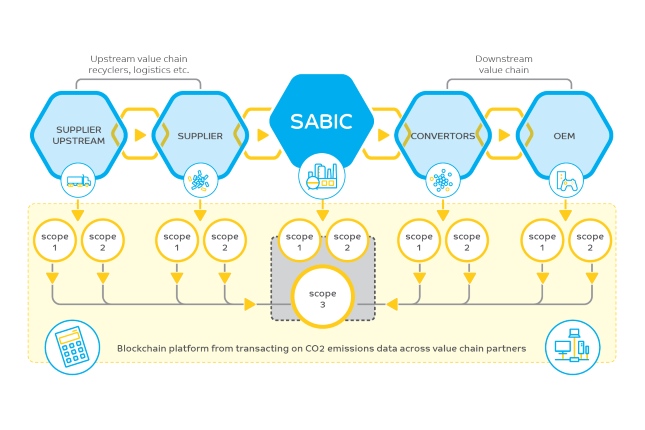The term “blockchain” came to prominence with the birth and evolution of cryptocurrency such as Bitcoin and Ethereum. According to Investopedia, a blockchain is a distributed database or ledger shared among a computer network’s nodes. They are best known for maintaining a secure and decentralized record of transactions, but they are not limited to cryptocurrency uses. Blockchains can be used to make data in any industry immutable—the term used to describe the inability to be altered.
Because there is no way to change a block, the only trust needed is at the point where a user or program enters data. This aspect reduces the need for trusted third parties, which are usually auditors or other humans that add costs and make mistakes. Since Bitcoin’s introduction in 2009, blockchain users have exploded via the creation of various cryptocurrencies, DeFi (decentralized finance) applications, NFTs (non-fungible tokens), and smart contracts.
One of the companies that has developed a niche market for its blockchain applications is Circularise, a digital product passports and mass balance bookkeeping software provider based in The Netherlands. Circularise’s software system helps suppliers in chemicals, plastics, battery materials, metals, and other industries to trace materials and share their environmental footprint without risking their sensitive data.
By extension, it helps brands to get visibility into their own Scope 3 emissions and other metrics, which is aligned with the regulatory push around Digital Product Passports, the SEC’s proposed climate risk disclosure rules, and the Corporate Sustainability Reporting Directive.
SABIC, a global diversified chemicals company headquartered in Riyadh, Saudi Arabia, manufactures many different products including chemicals, commodity and high-performance plastics, agriculture nutrients, and metals. SABIC has launched a pilot project with Circularise to evaluate the use of its technology in tracing the carbon footprint of specific material streams from end to end.
Generating and reporting Scope 3 emissions is particularly complex and confronted by challenges with the availability of reliable data. Accurate data on a company’s carbon footprint requires collaboration and data sharing across multiple value chain partners. Blockchain technology has emerged as a potentially efficient solution to improve the process that can bolster transparency and accountability while minimizing risk across supply chains.
SABIC’s project will employ Circularise’s technology to capture emissions across the value chain by deploying a consistent methodological and reporting framework accepted by the industry. Scope 1 and Scope 2 data captured at the material level can be used to generate Scope 3 CO2 emissions for the full value chain of targeted industries.

In addition to increased transparency, the use of Circularise’s Smart Questioning technology will benefit SABIC’s entire value chain by reducing the administrative efforts associated with the data collection and providing access to upstream and downstream data provided by value chain participants, from recyclers to converters to original equipment manufacturers, among others.
Accurately mapping emissions, especially Scope 3 emissions, will allow SABIC and others to identify and minimize hot spots along the value chain, a critical tool in the pathways to decarbonization. As part of this project, Circularise intends to pilot blockchain-powered digital product passports and help businesses to track product emissions on a large scale and over time, generating comprehensive product life cycle emission reports.
Earlier in 2023, SABIC joined TfS (Together for Sustainability), a procurement-driven initiative created by chemical companies with the goal of assessing, auditing, and improving sustainability practices within their supply chains. As a member of TfS, SABIC will foster collaboration around increasing transparency in upstream value chains to support further reductions in Scope 3 greenhouse emissions.
Want to tweet about this article? Use hashtags #construction #sustainability #infrastructure


